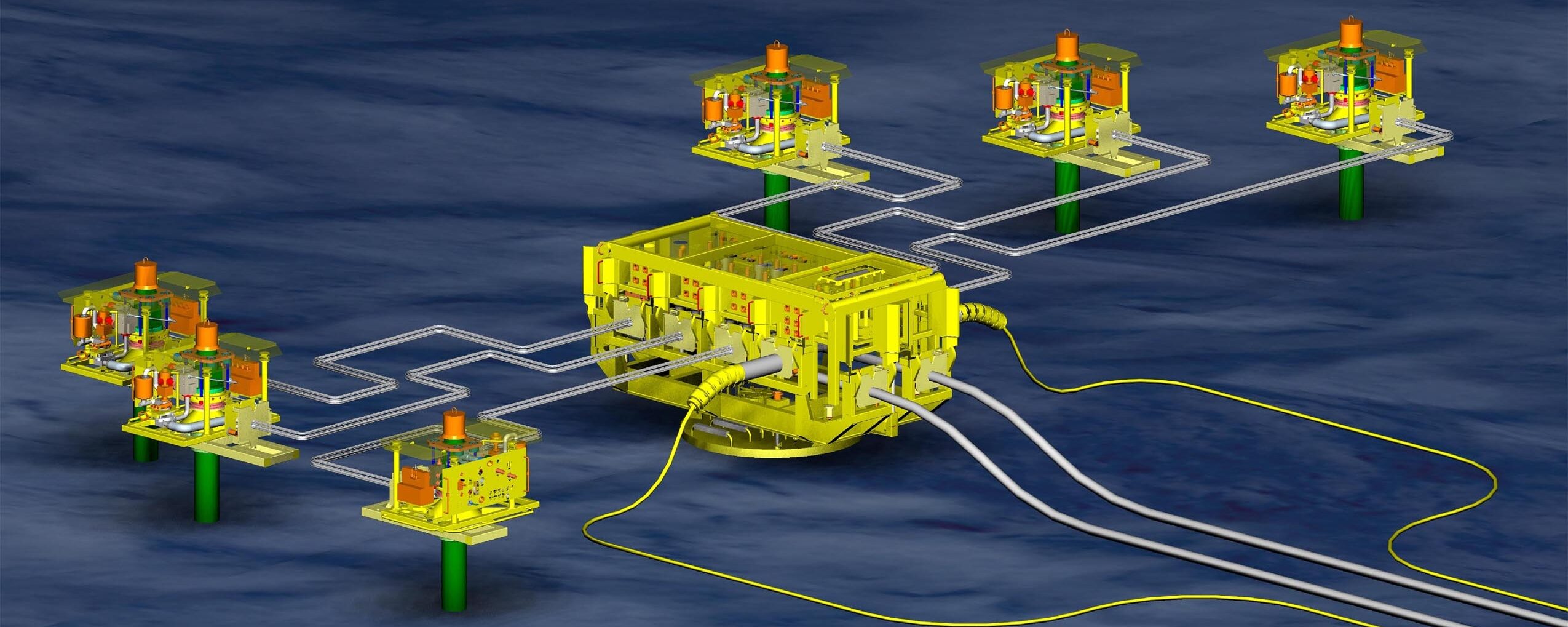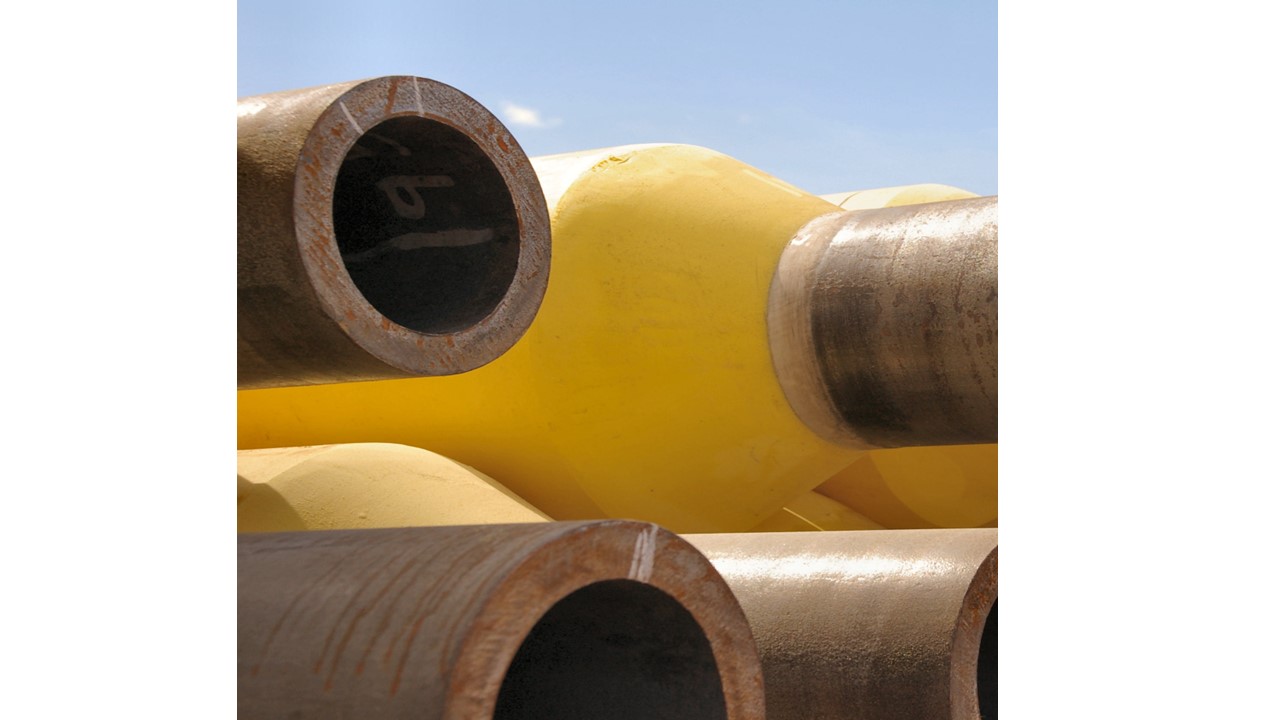There were two announcements of note last week. Firstly, the proposed Global Underwater Hub will supercede, replace and absorb Subsea UK and secondly that the National Subsea Research Institute will now be absorbed into Subsea UK before the Hub arrangements are finalised. These are not before time.
The UK offshore sector in general and the subsea sector here in particular has historically been over-populated with organisations, some representing the same constituencies at the worst or, at the least, overlapping. Shall I trot out my alphabet soup? Some of these no longer exist, but have existed in parallel with others. So for example, there is or has been OGTC, OGIC, ITF, MTD, IMCA, Subsea UK, NSRI, SUT, OGUK, Decom UK, et al, plus some with larger industrial remits, but with offshore links including the Knowledge Network and another called something like the Technical Learning Board or something similar. Excuse if I have misremembered a name in this group or even forgotten one or two.
Some of these organisations, like SUT and IMCA, will say that they have a particular remit, eg a learned society or a organisations with technical oversight responsibilities. No problem with that. It is some of the others who have seemed over the years to have to tiptoe around to avoid stepping on someone else’s toes. This resulted in fragmentation of impact, competition for attention and influence and, of course, limited financial solidity. If ITF, with its operator-led backing, could not survive, there was assuredly something wrong with this industrial structure.
I will be particularly sad to see Subsea UK disappear, although I perfectly understand that with the growth in the renewables industry and the energy transition, it is important to have an organisation that clearly represents more than just the oil and gas side. This is an issue for the SUT as well which has always had a significant non-oil and gas side, but which has been dominated by the subsea engineering fraternity for several decades.
In any event, I should declare an interest. I was a consultant to the then Department of Energy when it was trying to formulate a plan for an organisation that would champion the subsea sector here which at that time was the leading part of the offshore industry, but without an industrial focus. I guess it must have 18 or 19 years ago now as Subsea UK was founded in 2004. I was also partly responsible for the hiring of David Pridden as its first CEO. David had exited the subsea engineering sector after selling Mentor Engineering Consultants to McDermott, although he was still working at the fringes. I knew that the DoE was struggling to find just the right person with the technical expertise, industrial contacts and financial nous and suggested to David that he throw his hat into the ring. The rest, as they say, is history.
NSRI was one of his ideas, but on a much grander scale. It would have been a test centre with laboratories and the like, but it was not possible to find the funds for it. I believe that BP was going to be a backer, but later withdrew. And certainly central and Scottish governments were not going to throw £10mn plus at it as they have done with the GUH. As it is, NSRI has proven just to be another sounding board or ideas centre but without any real facilities.
So Subsea UK will fade into history like a number of these other organisations. In a decade or so, when renewables should be even stronger than they are now and hydrogen might have replaced hydrocarbon gases in some industrial applications and, maybe, for domestic use, Subsea UK will be forgotten. It was fun while it lasted. I am sure that Neil Gordon will agree. What I am not sure about is how much he will enjoy running an organisation with various governments looking over his shoulder as they will do now that they have committed so much money to it. Good luck.




